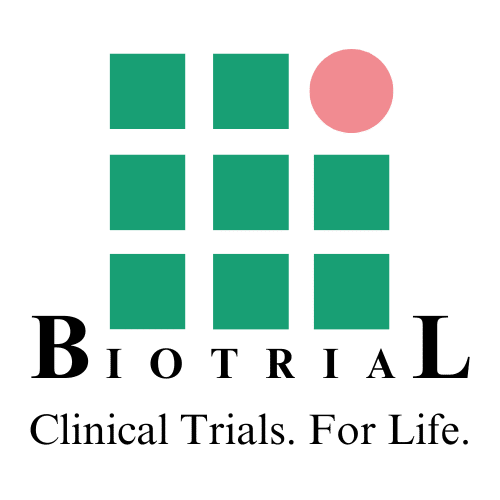Clinical Trials Phases; Before Marketing a Drug
Developing a new drug can take 10 or 15 years, and involves lengthy research and clinical trials phases in the laboratory (in vitro) as well as on living beings (in vivo).
Initially, it is a matter of identifying one molecule among thousands: a molecule that can be reproduced and from which positive effects can be expected in the fight against the disease or its consequences.
Selection work is done by research laboratories to eliminate ineffective or toxic molecules.
DRUG DEVELOPMENT: STEPS FRAMEWORKED BY LAW
When the effectiveness of a molecule seems probable and the steps aimed at controlling the non-toxicity of the product have been validated, it becomes possible to test it on humans. This forms a critical part of the drug development process to validate its tolerance and then its effectiveness.
Clinical trials (on humans) can of course only be carried out with the agreement of the health authorities of the country in which they are carried out.
UNDERSTANDING THE TRIAL PHASES
Phase I
The first studies in humans, called Phase I studies, are done by starting with low doses, very gradually, in the presence of a medical team.
The Phase I studies are designed to get a better understanding of future drugs, how it interacts with the body, under which term it causes side effects.
Volunteers who come to Biotrial to participate in clinical trials almost always participate in Phase I trials.
After the Phase I studies are completed, the full product data is reviewed again. If they are satisfactory, the drug is then tested on patients to verify its therapeutic effectiveness.
Sign up now if you are interested to join Phase I.
Phase II and Phase III
Phase II trials aim to obtain “proof of concept”: the molecule tested is effective against a given therapeutic target.
Once the proof of concept has been obtained, the drug is tested in phase III, on a large number of participants. This will allow observation over time and in an environment similar to that in which it will be used in the future. It is also in phase III that the interest of the product is validated in relation to existing products.
Help improve future treatments by being a volunteer. Sign up now.
CLINICAL TRIAL STAGES PRIOR APPROVAL TO PRESCRIBE
PHARMACOVIGILANCE
Research does not end after market launch. The conditions of use for certain groups of patients at risk will be refined, drug interactions will be monitored and extensions of therapeutic indications may be considered.
This phase also makes it possible to identify any adverse effects linked to the prolonged use of a drug and not detected during the previous phases. This is pharmacovigilance, which is mandatory for the monitoring of any drug after its marketing.
Do you want to be a volunteer for clinical trial stages?
Reach out to us and we’ll gladly assist you.

